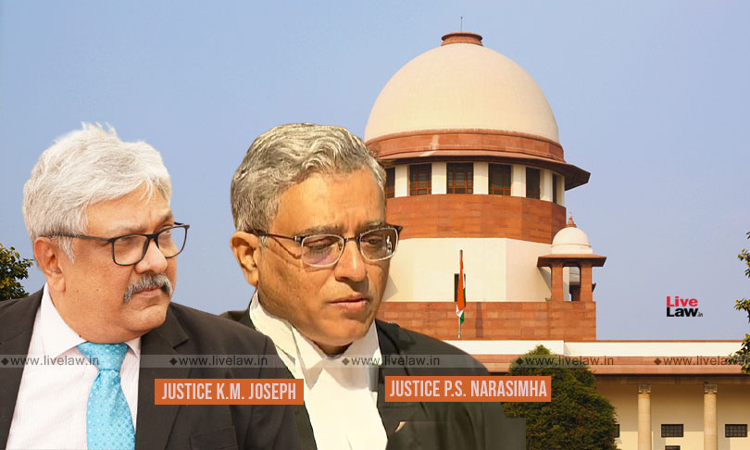The Supreme Court has held that the Award passed by a Lok Adalat under Section 20 of the Legal Services Authorities Act, 1987 cannot be the basis for redetermination of compensation as contemplated under Section 28A of the the Land Acquisition Act, 1894.The award which is passed by the Lok Adalat cannot be said to be an award passed under Part III of the Land Acquisition Act 1894...

